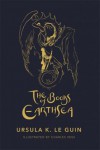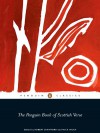Arbie's Unoriginally Titled Book Blog
It's a blog! Mainly of book reviews.
Currently reading
The Feynman Lectures on Computation, Richard Feynman

There is much that is meritorious here: Feynman's distinctive voice comes through clearly. One gets an insight into both his teaching philosophy and his working methods. The book heavily reflects what Feynman thought was important, interesting and essential to know about the field and makes accessible some really unusual topics as well as some familiar ones (if one has ever done an entry level course on the subject). There is a 10p memoir of Feynman by the book's editor at the end, which contains some delightful anecdotes that are not recorded elsewhere in the Feynman canon.
Feynman's working method, which he encourages others to adopt, was to work out as much as he can on his own first and look up what others had done afterwards. He would find that usually he had come up with no original results but quite often would have reached the same conclusions by an alternative route. Occasionally he proved something that was not known before. This technique is fabulous if one has both a wide knowledge (in memory) of physics and maths and a great facility with both, too. For lesser mortals it's completely useless.
The book oscillated from fascinating (reversible computing, quantum computers) to excruciatingly dull (logic circuit design, chip fabrication, semi-conductor device theory) depending on my personal level of interest. Even Feynman can't make engineering interesting to me! But that's not his fault; if you're into these topics it'll be great. If you're not, it's for Feynman completists only.










